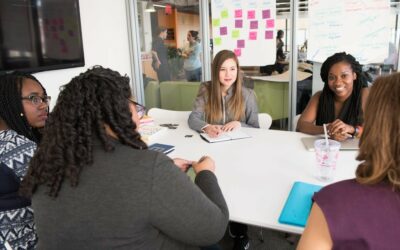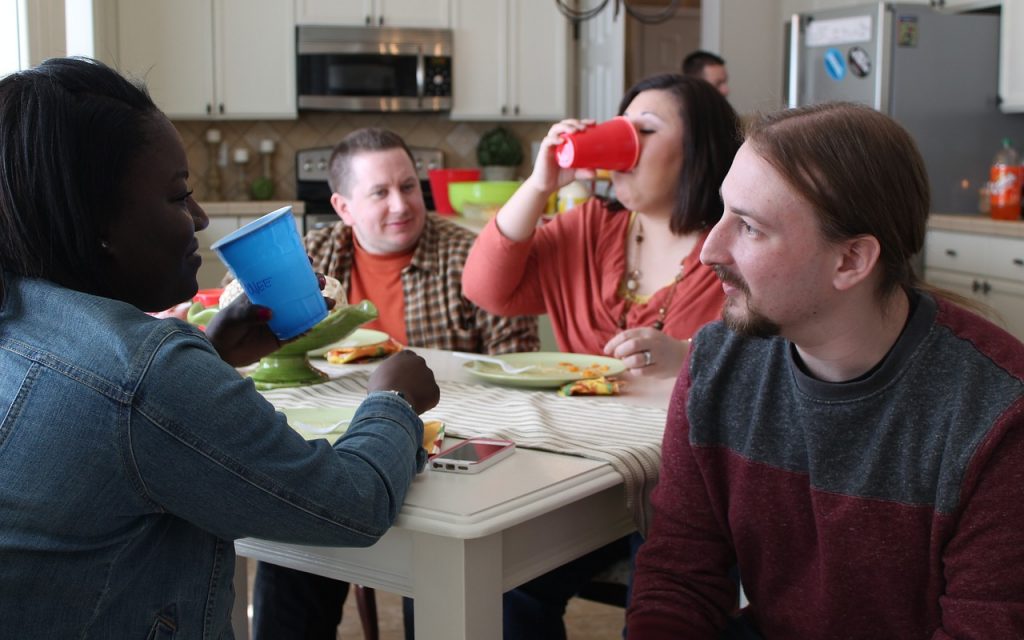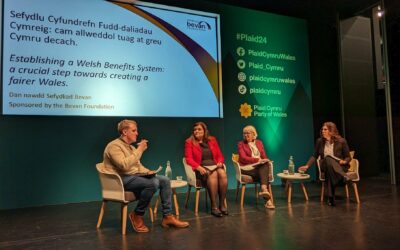 Bevan Foundation
Bevan Foundation 
In the third article about the Bevan Foundation’s plans for the future, Director of the Foundation, Victoria Winckler, outlines our approach to understanding the root causes of challenges.
A key part of what the Bevan Foundation does is understanding the challenges that face people in Wales. It’s only if you can identify the root causes of problems that you can begin to find solutions. Otherwise you may as well chuck money over a wall and hope some of it lands in the right place.
Most of our reports usually start off with a review of research by other people and some number crunching of government and other statistics. Sometimes the key points are relatively well-known, like the fact that more than 23 per cent of people in Wales live on a low income. Sometimes they are less widely acknowledged, such as that people who rent their home are more than three times more likely to live in poverty than home-owners. Crunching a few numbers and reviewing existing research is usually a useful and important start.
Useful though statistics and existing research are, very often they paint only half a picture.
But statistics are only a starting point. There are sometimes big gaps in the information available about a topic. This can be because official statistics either simply don’t collect the information or because it is published in a particular format. For example we know that 10% of people in Wales are fairly or very dissatisfied with the GP, but there is no information on why they say that, or whether their socio-economic group makes a difference to their views.
The gaps are even bigger when it comes to looking at research already carried out. There’s very little specific to Wales, so that you’re often left assuming, perhaps heroically, that circumstances here are similar to those in England or the UK as a whole. A great deal of evidence is also relatively old, especially academic research. Are findings that date from 2013 really relevant to 2018? Sometimes yes, but sometimes no.
Whether or not there’s evidence available also depends on if something is recognised as ‘a problem’.
How an issue is ‘framed’ is absolutely crucial. Something that some people feel is a challenge may not be recognised as others as a problem at all, let alone one that needs action.
For years, politicians have talked about ‘helping people into work’ and ‘employability’. That is very much a top-down view – those who are being ‘helped in to work’ may well see the issues as a shortage of jobs and low pay. Prof Paul Chaney at Cardiff University has written extensively about how the dominance of one party in Welsh politics results in a ‘cognitive lock’ in which the third sector (and arguably others) incorporate government thinking into their own language and action. A less academic term might be ‘group-think’.
For the Bevan Foundation, then, not only do we need to take an independent approach to understanding an issue but we also need to ask questions about how conventional wisdom presents and frames problems.
That’s why we aim to listen to people to get a new perspective or fresh understanding on an issue.
Listening to people means we can explore an issue in more depth, finding out not only what people think and / or do but why. It also means we can also spot issues that haven’t yet hit the headlines.
Our listening to people means that what we say is often challenging especially to people who do accept conventional wisdom. Our work on ‘the valleys’ is a good case in point. For many years, ‘the valleys’ have been seen as a problem, to be solved primarily through getting people to change their behaviour – to get a job, to travel further to work, to be more flexible. Not only do we question whether ‘the valleys’ even existing other than as a convenient label for people outside the area, we see the problem as being caused by economic inaction and the solutions to lie in a mix of government intervention and community action.
So before we have even got to the point of thinking about possible solutions, what we do can be both innovative and challenging. We can only do this because we don’t have to follow the Welsh Government’s money and accept their framing and understanding of issues. A while ago, held a seminar as part of a project for the Big Lottery Fund Wales. One participant reminded us of ‘The Golden Rule’, which is that he who has the gold makes the rule. This is as true in the world of think tanks as elsewhere.
So, if you want to see more challenge to the ‘group-think’ that pervades Welsh public policy, then we’d welcome your support.
Victoria Winckler is Director of the Bevan Foundation.


